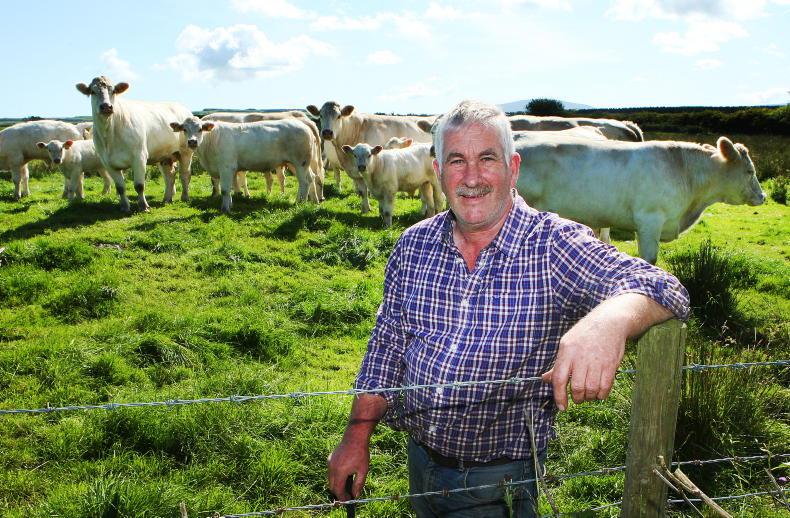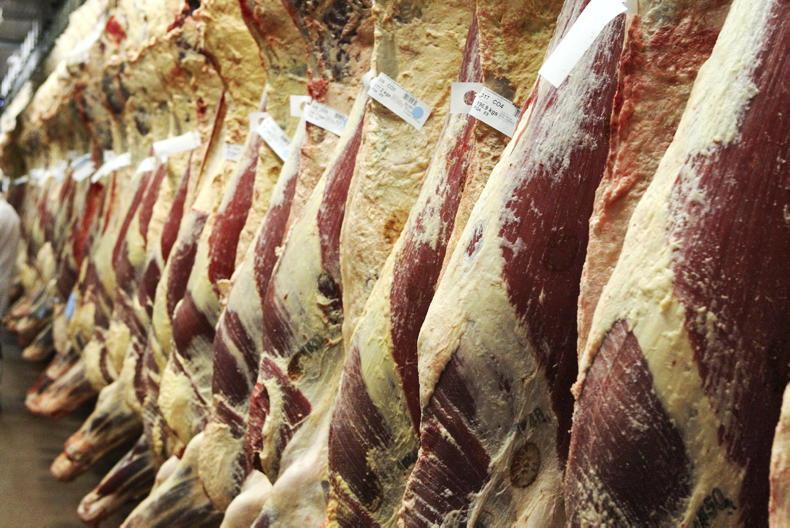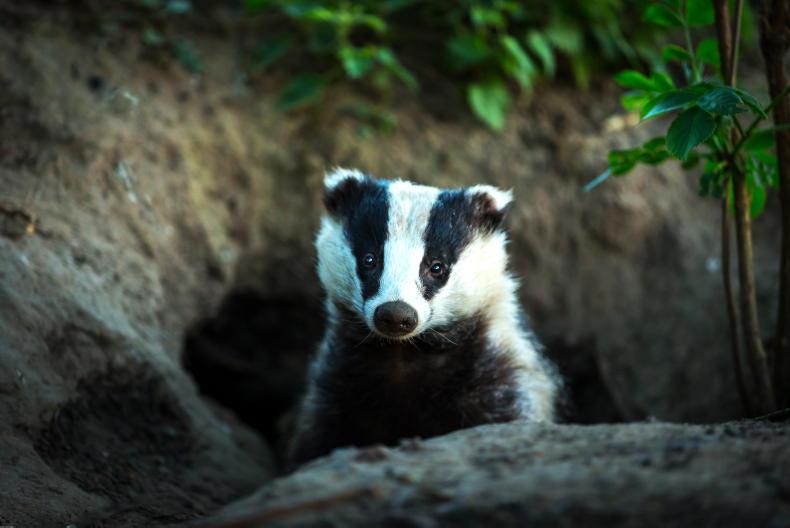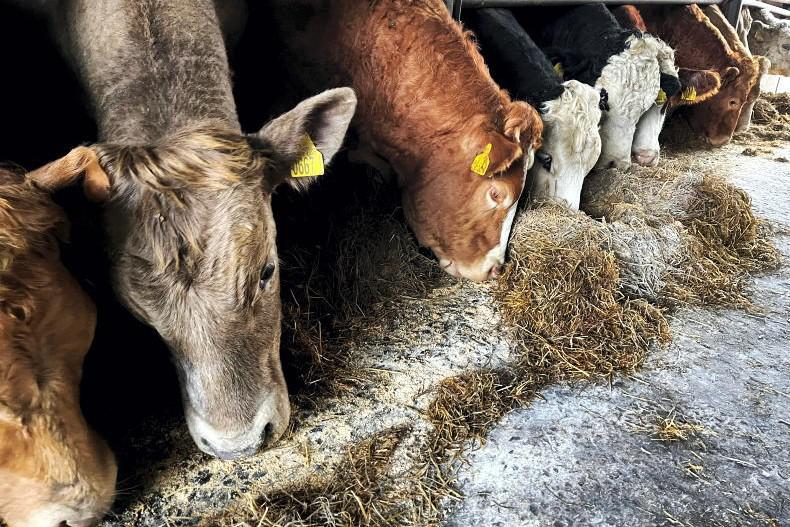Farmers are in a strong position to negotiate changes to the new bovine TB strategy for NI, Ulster Farmers’ Union (UFU) president Victor Chesnutt has claimed.
“All the cards are in our hands. DAERA cannot run either a control programme or an eradication programme without the goodwill of the farmer,” Chestnutt told reporters last week.
The Bushmills farmer was speaking after the UFU agreed its official response to DAERA’s new TB strategy.
The department’s proposals are set out in a public consultation document which asks for views on six questions.
We have been trying to clear it up by only addressing one species and it hasn’t been working
This includes DAERA’s preferred option for wildlife intervention, namely controlled shooting of free-roaming badgers in TB hotspot areas. The UFU supports the proposal and is keen for a cull to get rolled out as soon as possible.
“TB is endemic in both species (badgers and cattle). We have been trying to clear it up by only addressing one species and it hasn’t been working,” Chestnutt said.
However, the UFU does not agree with DAERA’s preferred funding model for the badger cull programme. This would require farmers to pay for the deployment of contractors to shoot badgers, while DAERA would cover costs associated with administration, training, and monitoring.
The UFU has questioned these figures
According to the department, a badger cull over a seven-year period, covering 12% of NI farmland would cost farmers approximately £3.8m. However, DAERA total costs come to £10.2m. The UFU has questioned these figures, particularly the £9m which is put down as “DAERA oversight costs”.
Compensation cut
UFU policy officer David McClure said the union could not support the proposal to co-fund wildlife intervention while the department also wants to cut compensation payments for TB reactor cattle.
“Our members would potentially consider contributing to the funding of wildlife intervention after a DAERA-funded trial period, but this could really only be achieved if there were guarantees that livestock valuation payments would not be reduced,” McClure said.
The test remains unchanged, and it remains flawed
The department is currently proposing to cut compensation payments to 90% of the animal’s market value for an initial 12-month period, with rates cut to 75% thereafter.
But McClure points out that TB compensation rates were moved to 100% market value in 1998 in recognition of the poor sensitivity of the skin test.
“It remains the predominant method of testing cattle for bovine TB. The test remains unchanged, and it remains flawed,” he said.
DAERA is also proposing to cap compensation payments for individual cattle at £5,000, but this too is opposed by the UFU. The department calculates that the proposed cap would equate to a saving of £104,500 per year, a sum that McClure described as “modest” in terms of government spending.
We are currently sitting at 8.5% to 9%. If we could get that down to 2%, our members could afford to buy insurance
“It is the UFU’s agreed position that no change to livestock valuation payments will be tolerated until after there is a meaningful intervention in wildlife which achieves a reduction in bovine TB incidence to under 2% of herds,” McClure maintained.
“We are currently sitting at 8.5% to 9%. If we could get that down to 2%, our members could afford to buy insurance,” he added.
Gamma test
The revised TB strategy also includes a proposal for wider use of the interferon gamma test, with DAERA aiming to increase the number of tests used each year from 23,000 to 45,000.
The UFU opposes the proposal, with the main reason being that the test tends to give more false positive results than the skin test.
“The UFU recognise that gamma testing can be a useful tool in the box amid a herd breakdown. As such, we would consider giving support for its increased use if 100% livestock valuation payment was guaranteed for any animals removed under gamma,” McClure said.
The final question in the DAERA consultation relates to testing non-bovine animals such as deer and alpacas. At present, non-bovines can only be tested if there are also cattle on the farm, but DAERA wants to be able to test non-bovines on any farm where TB is suspected.
The UFU supports this proposal.










SHARING OPTIONS